Tea is one of the world's most popular drinks. The most popular types of tea are green tea, black tea, and oolong tea, all of which are made from the leaves of the Camellia sinensis plant.
Tea has been used in traditional medicine for centuries for its medicinal properties. Furthermore, modern research suggests that the plant compounds in tea may play a role in reducing the risk of chronic diseases, such as cancer, obesity, diabetes, and heart disease.
For most people, a few cups of black or green tea may seem harmless, even healthy. However, tea also contains caffeine, tannins, and trace minerals that can cause problems if you drink more than 3 or 4 cups (710–950 ml) per day.
Here are 6 side effects of drinking too much tea:
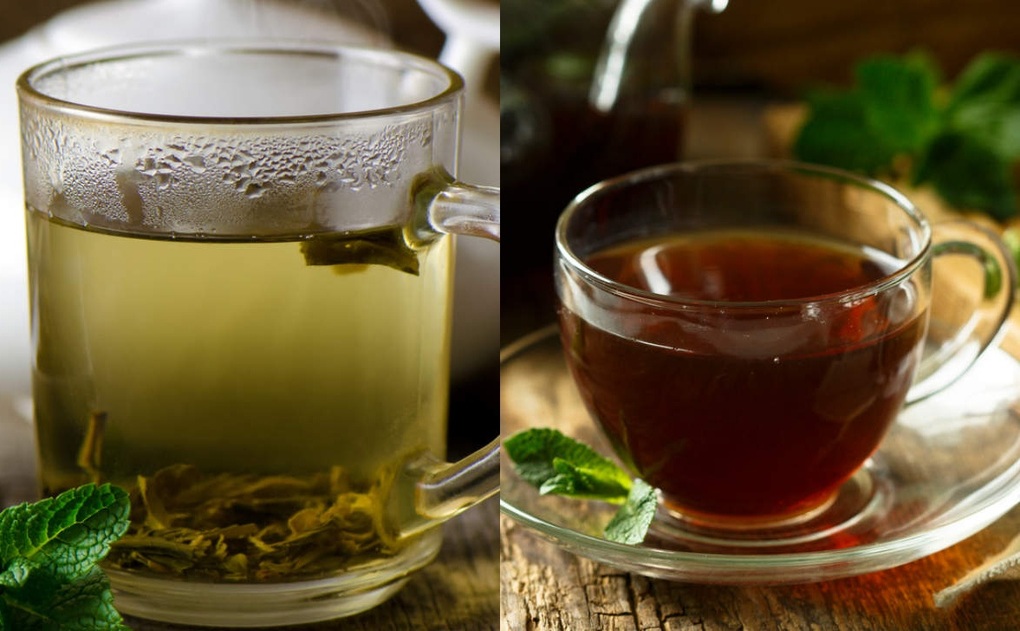
Drinking tea has many health benefits but you should not abuse it (Photo: Times of India)
Reduced iron absorption
According to Healthline , tea is a rich source of a compound called tannin. Tannin can bind to iron in certain foods, making it unable to be absorbed in the digestive tract.
Iron deficiency is one of the most common nutrient deficiencies in the world, and if you have low iron levels, drinking too much tea can make it worse.
Research shows that the tannins in tea are more likely to interfere with the absorption of iron from plant sources than from animal foods, so if you follow a strict vegan or vegetarian diet, you should be especially careful about your tea intake.
The exact amount of tannins in tea can vary significantly depending on the type of tea and how it is prepared. However, limiting your intake to 3 cups (710 ml) or less per day is likely safe for most people.
Increased anxiety, tension and restlessness
Some teas naturally contain caffeine, such as black tea and green tea. Consuming too much caffeine from tea, or any other source, can contribute to feelings of anxiety, nervousness, and restlessness.
An average cup of tea (240ml) contains around 11-61mg of caffeine, depending on the variety and brewing method. Black teas generally contain more caffeine than green and white teas, and the longer you steep the tea, the higher the caffeine content.
Research suggests that doses of caffeine under 200mg per day are unlikely to cause significant anxiety in most people. However, some people are more sensitive to the effects of caffeine than others and may need to limit their intake even further.
If you find that your tea drinking habit makes you feel jittery or anxious, it could be a sign that you've had too much and may want to cut back to reduce symptoms.
You may also want to consider caffeine-free herbal teas. Herbal teas are not considered true teas because they are not made from the Camellia sinensis plant. Instead, they are made from a variety of caffeine-free ingredients, such as flowers, herbs, and fruits.
Poor sleep
Since some teas contain natural caffeine, drinking too much can disrupt your sleep cycle.
Melatonin is a hormone that signals the brain that it's time to sleep. Some studies have shown that caffeine can suppress melatonin production, leading to poor sleep quality.
Everyone metabolizes caffeine differently, and it's difficult to predict exactly how it will affect each person's sleep.
Some studies have found that consuming even 200 mg of caffeine 6 or more hours before bedtime can negatively affect sleep quality, while other studies have found no significant effects.
Nausea
Certain compounds in tea can cause nausea, especially when consumed in large amounts or on an empty stomach.
The tannins in tea leaves are responsible for the bitter, dry taste of tea. The astringent properties of tannins can also irritate digestive tissues, potentially leading to unpleasant symptoms such as nausea or stomach pain.
The amount of tea needed to achieve this effect can vary considerably from person to person. More sensitive people may experience these symptoms after drinking just 1–2 cups (240–480 ml) of tea, while others may drink more than 5 cups (1.2 liters) without noticing any side effects.
You can also try adding a little milk or having a snack with tea. Tannins can bind to proteins and carbohydrates in foods, helping to minimize digestive irritation.
Heartburn
The caffeine in tea can cause heartburn or worsen pre-existing acid reflux symptoms.
Research shows that caffeine can relax the esophageal sphincter, the muscle that separates the esophagus from the stomach, making it easier for acidic stomach juices to flow back up into the esophagus. Caffeine may also contribute to an increase in the overall amount of stomach acid produced.
Pregnancy complications
Exposure to high levels of caffeine from beverages like tea during pregnancy may increase the risk of complications, such as miscarriage and low birth weight.
Data on the effects of caffeine during pregnancy are mixed, and it’s unclear exactly what dose is safe. However, most studies show that the risk of complications is relatively low if you keep your daily caffeine intake below 200-300 mg. However, the American College of Obstetricians and Gynecologists recommends not exceeding 200 mg.
The total caffeine content of tea can vary, but it's usually between 20-60mg per cup (240ml). So, to be on the safe side, it's best to stick to no more than 3 cups (710ml) per day.
Source: https://dantri.com.vn/suc-khoe/6-tac-hai-it-ngo-khi-ban-uong-qua-nhieu-tra-20250714225114889.htm











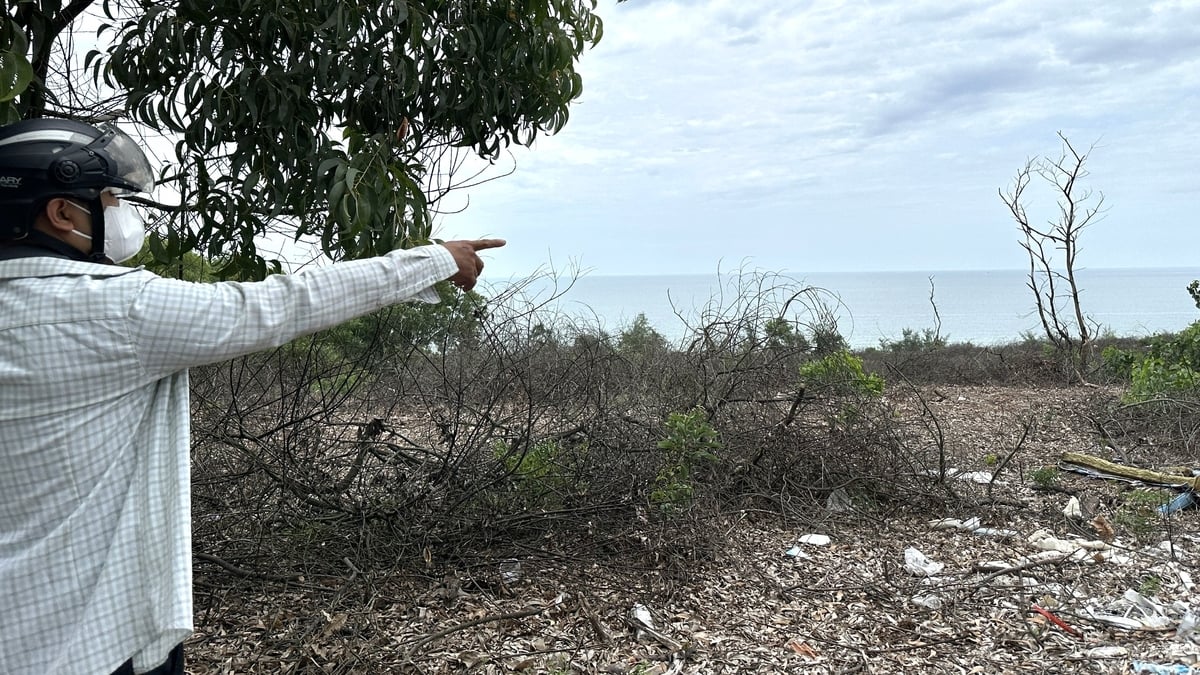



























































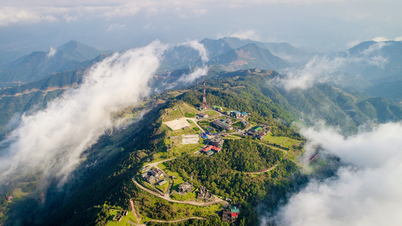




















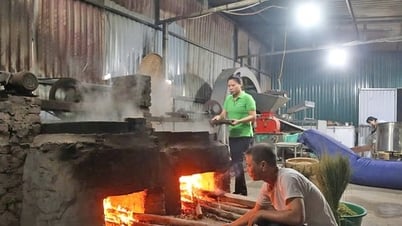








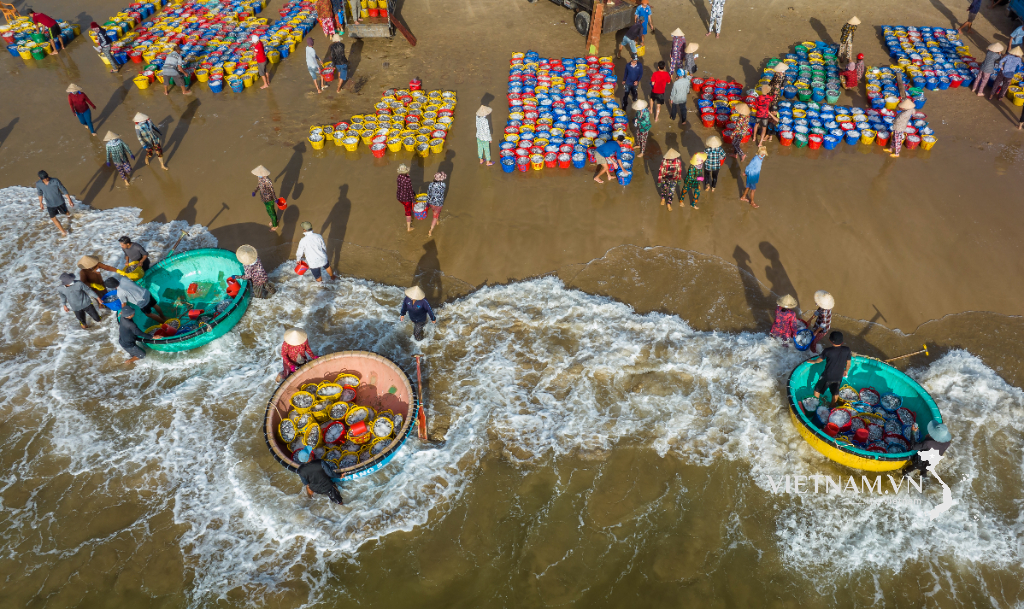

Comment (0)